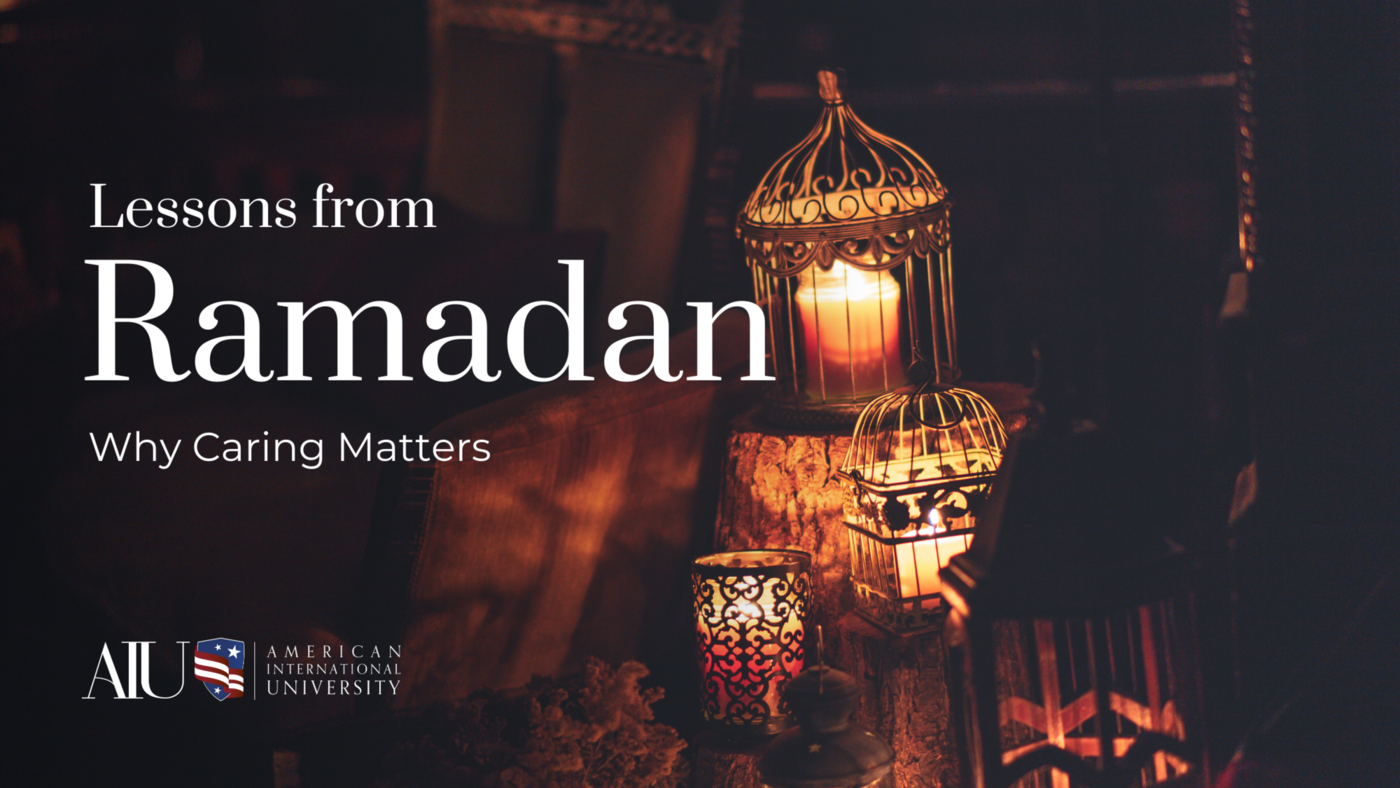Lessons from Ramadan - Why Caring Matters
April 27, 2022

The month of Ramadan teaches us many lessons in different ways. One of the primary goals of fasting (stay away from eating or drinking) from sunrise till sunset, is to help sympathize with those less fortunate. We often forget to be grateful for all that we have. Our comfortable homes, our belongings, and being surrounded by family and friends, the value of these often get lost in the bustle of our daily routines.
Islam asks you to be more observant in the month of Ramadan and take time out of your day to sympathize with your discomfort. At the end of the day, you still are able to meet with your loved ones in celebration of completing the day, as well as enjoy a heart-warming meal. Many people around the world, however, are not as fortunate to have the same experience. Some are suffering from diseases and droughts, some don’t have food for their families, and others are breaking their fasts in the middle of a war. While we don’t face these situations ourselves, unfortunately however, they are a reality for many.
Ramadan encourages us to be more thoughtful and appreciative of what we have, while also helping those who we can. Feed the poor or invite them to join you to break fast together, donate to families struggling to meet their basic needs, and check-in on the elderly in your neighborhood who have no one else, these are a few ways we can help those around us. In doing so, we not only care for others but also build a sense of gratitude.
A daily practice that can help enhance your gratitude, one that anyone can follow, is to take a few minutes at the beginning of your day and count 5 things you are grateful for. These could be anything from the people around you, to the things you possess, or the experiences you’ve had. Once you begin noticing and appreciating the value of even the little things, you develop an outlook on life that brings about a sense of comfort and joy.
It's important for us to understand that we all belong to a single community, humanity. And it’s vital for us to look after one another. It doesn’t have to be in a major shape or form, but the small steps can often go a long way.

